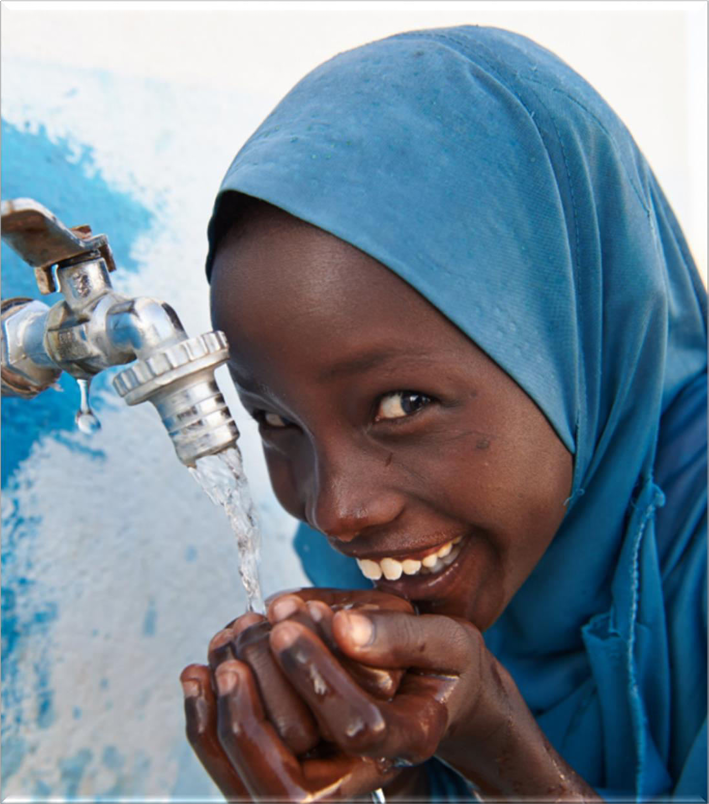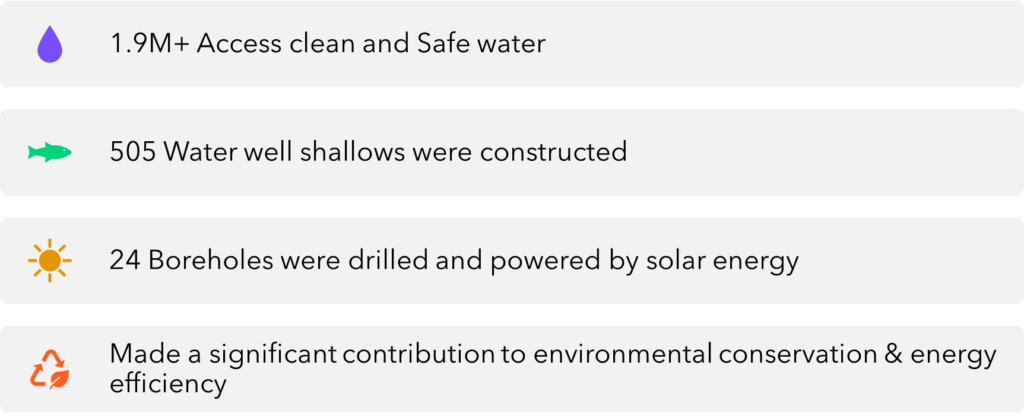Health Towards Humanity
Water and sanitation are not only crucial for sustaining life and ensuring good health, but they are also essential for upholding human dignity, promoting empowerment, and fostering prosperity. Access to clean water and proper sanitation is a fundamental right for every individual, regardless of age or any other form of discrimination.
However, in Uganda, the lack of adequate sanitation facilities, poor hygiene practices, and unequal access to safe drinking water have resulted in numerous children falling ill, facing risks of gender-based violence, and even losing their lives. To address these pressing challenges, a strategic and comprehensive approach is required to establish a sustainable water availability system that can meet the urgent needs of vulnerable populations already burdened by other hardships.
By increasing access to clean water, Zumar Foundation aims to improve the overall quality of life for communities, with particular emphasis on enhancing education, alleviating hunger, promoting health, and ensuring safety.
Since its inception, Zumar Foundation has made significant efforts to address these issues by drilling over 20 artesian water sources powered by solar systems and developing more than 500 water shallows in Uganda.

Zumar’s WASH & UNSDGs

Education
Access to clean and safe water reduces the time spent by students fetching water, allowing them to allocate more time to their education and ultimately improving their academic performance.

Hunger
Improved and sustainable access to water enables parents to provide their children with better nutrition and food, contributing to the alleviation of hunger and malnutrition.

Health
Enhanced access to clean and safe water plays a critical role in reducing waterborne diseases and preventing outbreaks of infectious diseases, thus promoting better health outcomes within communities.

Safety
The implementation of sustainable water systems reduces the distance and time required for students, especially women and girls, to fetch water. This reduction in travel time helps protect them from potential risks of gender-based violence and enhances their overall safety.
Impact of Wash Program

